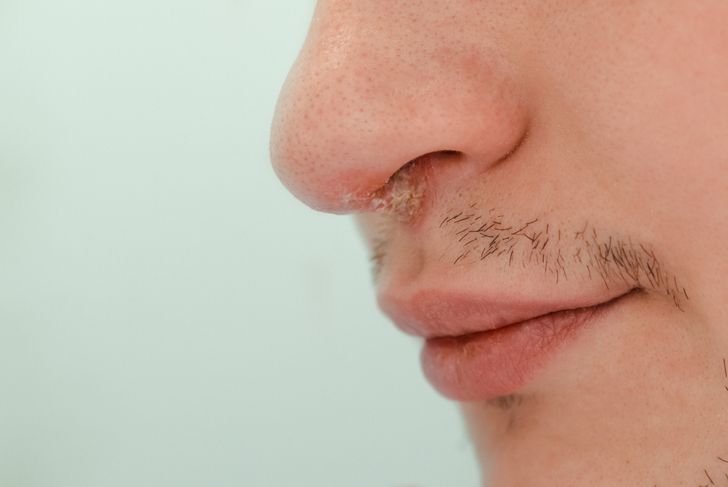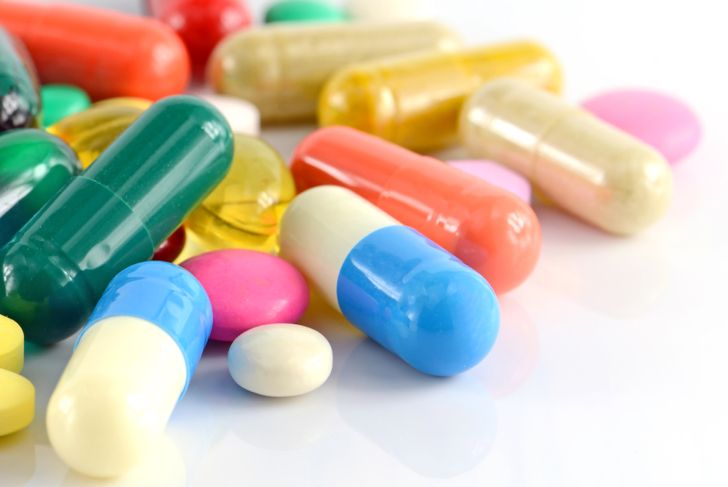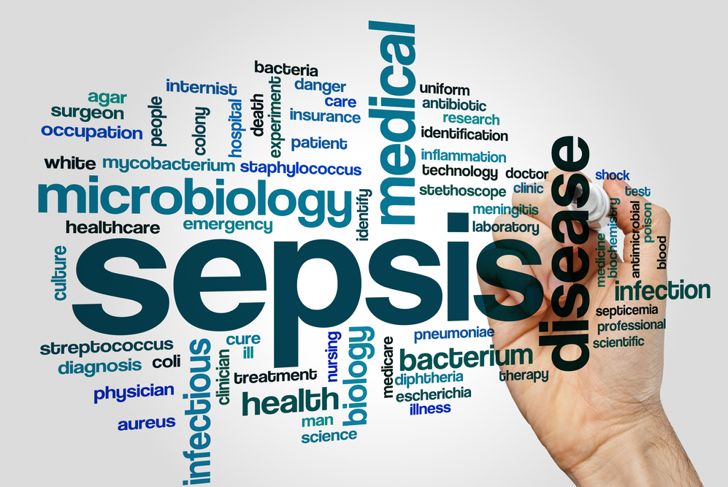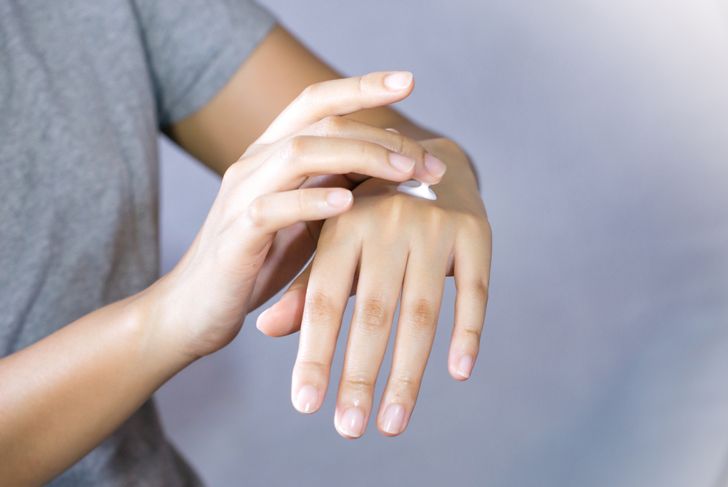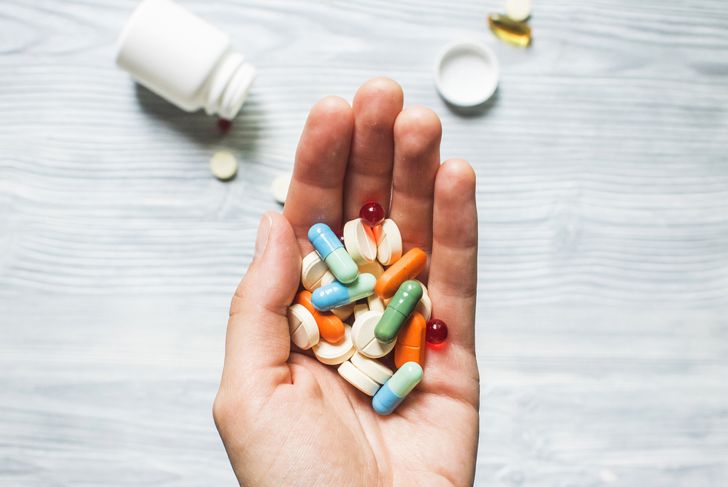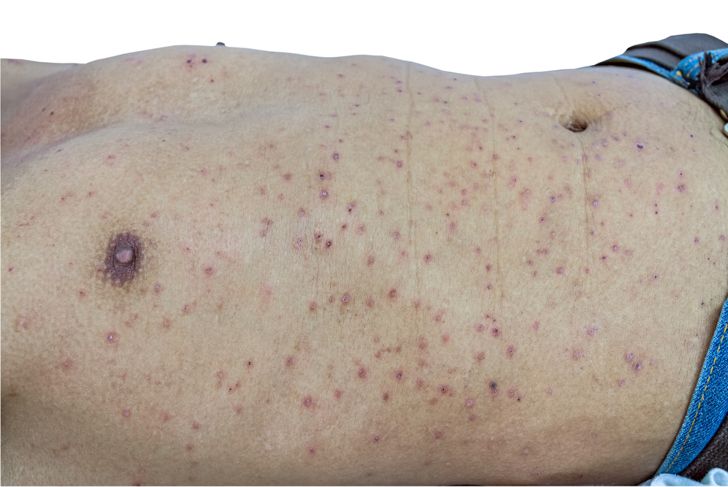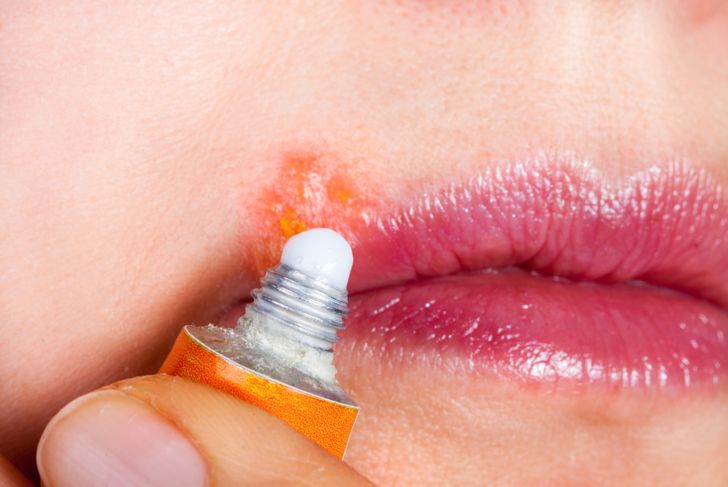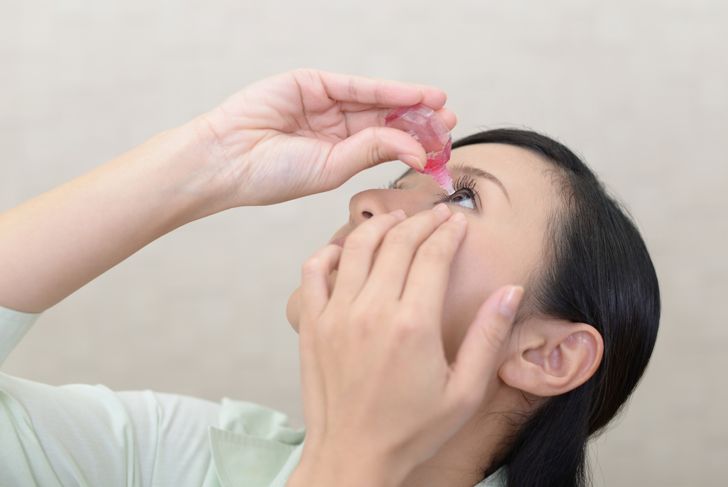Stevens-Johnson syndrome is a severe skin reaction. The cause of SJS is often a medication you have taken in the last two months. Other leading causes of SJS are infections such as pneumonia or herpes. One of the primary symptoms of Stevens-Johnson syndrome is the presence of blisters. The infection can spread to the mucous membranes, as well, which means those same blisters can form inside your body, making eating and drinking painful. If left untreated, Stevens-Johnson syndrome can spread to your organs. Keep reading to learn more about SJS.
Symptoms of Stevens-Johnson Syndrome
Early on, you may have flu-like symptoms such as low-grade fever and headache. As the syndrome progresses, you might experience• red, watery, and painful eyes • discolored areas of skin that appear burned or raw • blisters on the skin that eventually scab over and peel offThe bumps can appear on the nose, mouth, or genitals. All of these symptoms are dangerous. If you have any of them, please seek medical attention right away.
Causes of Stevens-Johnson Syndrome
Antibiotics often cause SJS. Nearly 200 medications are known to create this immune reaction. Those used for arthritis and gout are common culprits.Also, certain antibiotics prescribed to fight infection can lead to this condition. Medicines that treat mental illness and seizures can also cause SJS, as can over-the-counter painkillers.Susceptibility to SJS can also be increased if you have certain hereditary markers, have undergone radiation, or previously had SJS. People who are HIV-positive or have another immune disorder are also at higher risk.SJS can occur in both children and adults and can be life-threatening.
Complications Associated with SJS
SJS is very rare, but it can be fatal because it makes the patient highly susceptible to a blood infection called sepsis. When sepsis develops, the body can damage itself while attempting to fight the infection.Furthermore, if Stevens-Johnson syndrome is left untreated, your organs can stop functioning. The condition can also cause your lungs to fill with fluid, making it difficult to breathe. People who have had SJS for a long time can develop bronchitis or a harsh cough. Some patients develop pneumonia, extreme bacterial infections, or organ failure.These are extreme complications, and people who contract SJS are more likely to have gum or mouth infections, problems with eyesight, and scars from the peeled blisters.
Treatment for Stevens-Johnson Syndrome
You and your doctor can discuss treatment options, but depending on your condition, SJS may require treatment in a burn unit. The medical provider will halt any medications that prompted the condition and take steps to fight the infection while working to soothe your symptoms.Proper hydration, nutrients, and proteins will help your skin reconstruct after the damage caused by SJS. In the meantime, you will most likely need an IV. Eyedrops can help keep your eyes clean and moist.Any dead skin will be removed to make way for fresh skin to grow back in its place. Special creams will treat the blisters. In addition to keeping your skin clean, you will have to carefully dress any raw areas for safe healing.
Preventing Stevens-Johnson Syndrome
If you have previously had Steven-Johnson syndrome, make sure your physician is aware. Once you have had SJS, it is much easier to develop it again.Try to identify the medication that caused the infection and avoid taking it again. Although it is difficult to determine how your body will react to a new prescription, discuss your options with a doctor.
Medicines Associated with SJS
Several drugs are thought to cause Stevens-Johnson syndrome including medications containing sulfonamides, antibiotics, and anticonvulsants. There are a plethora of possible medications, so it can be difficult to determine how your body will respond to them until you react. Talk to your doctor and pharmacist for professional advice about possible side effects.
Spreading SJS to Others
You cannot give SJS to another person. Even though the blisters may look contagious, they are not. That isn’t to say serious complications can arise from SJS. Stevens-Johnson syndrome is technically a severe allergic reaction.
Continuing Care for SJS
Once you leave the hospital, you may still need medical support and self-care treatments. Change your bandages frequently. If you have mouth sores, keep your mouth free of bacteria with a special brush and be careful of cross-contamination with unafflicted areas. Use baby shampoo to scrub any sensitive spots covered in hair. Obey any doctor-recommended dietary changes. Also, getting enough rest is essential.
Long-Term Side Effects of SJS
If you have eye damage from SJS, you may require the care of a cornea specialist or an ophthalmologist. In severe cases, SJS can lead to permanent blindness. Other patients develop scarred pores or permanent loss of nail beds. They may end up with areas of hyperpigmented skin.Other potential long-term side-effects include:
- Dry eye syndrome
- Chronic fatigue
- A swallowing disorder
- Post-traumatic stress disorder
- Asthma
If you have HIV or problems with your immune system, SJS can appear on your skin as a thick crust.
Living with Stevens-Johnson Syndrome
When the side effects of Stevens-Johnson syndrome arise, some patients find it difficult to work fulltime and continue with regular day-to-day activities. The sooner you can apply for disability, the better, because it can take a while to get approved depending on your condition. You may also need to apply for other medical coverage. Some of these things can be done before you leave the hospital; do not hesitate to ask for help.

 Home
Home Health
Health Diet & Nutrition
Diet & Nutrition Living Well
Living Well More
More